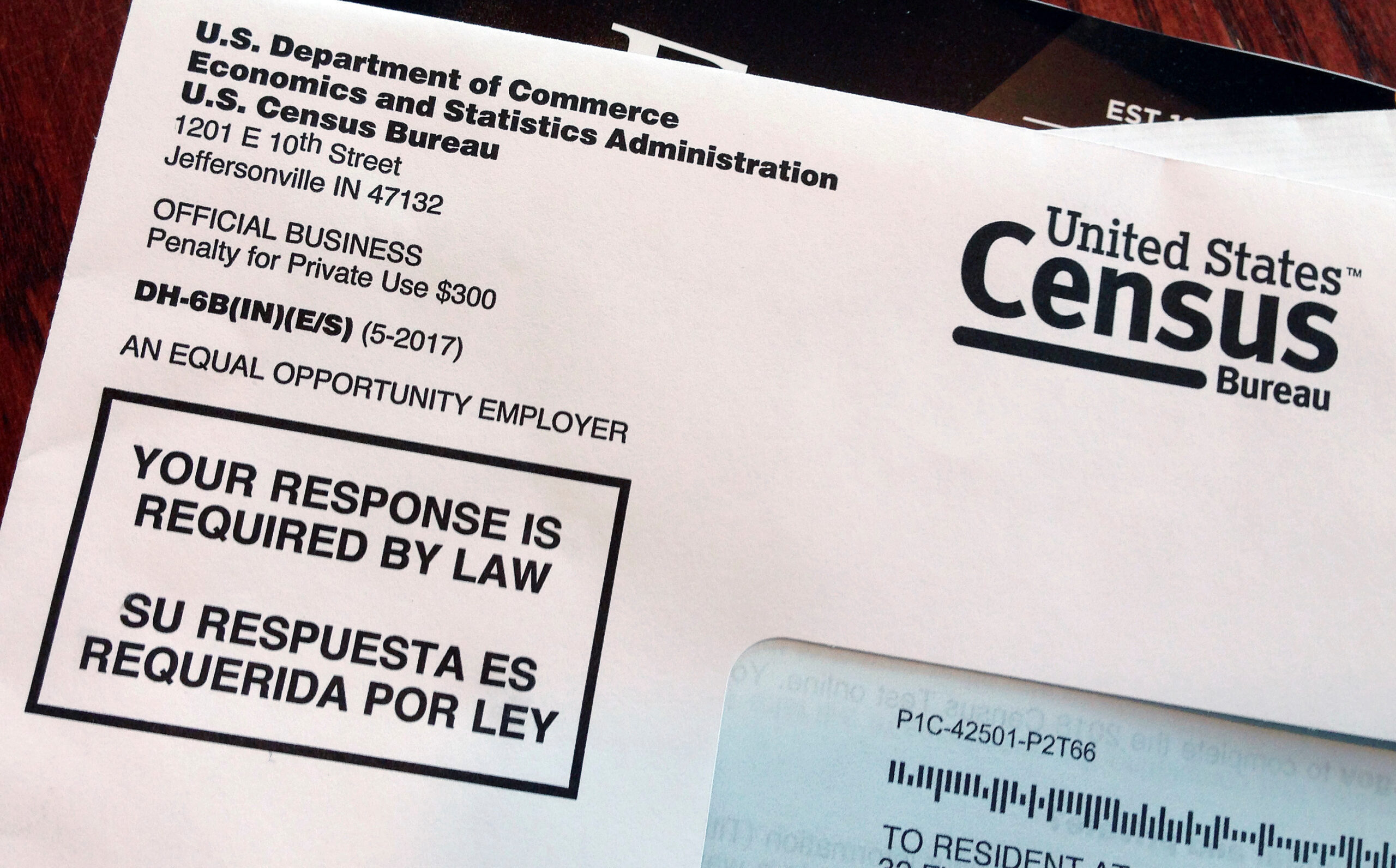Metro Atlanta’s Asian Community Gears Up For 2020 Census

The census determines how billions of dollars of federal money is distributed.
Michelle R. Smith / Associated Press
As the 2020 Census gets underway, local groups have been working to make sure Asians are counted. Though Asians Americans are the fastest-growing group in the country, they are the least likely to fill out the form. In a 2019 Census Bureau report, 55% of Asian respondents reported that they were likely to fill out the census form.
Comparatively, 69% of white respondents, 64% of Latino respondents and 64% of black respondents reported they would fill out the form.
“The 2020 Census will be the focal point on all our campaigns and all our projects,” said James Woo, marketing and IT manager at the metro Atlanta Chapter of Asian Americans Advancing Justice.
“A lot of our communities for varying and valid reasons are sensitive to giving their information to the government,” said Arvin Alaigh, census coordinator with the same group.
He said that’s especially common among those who interface with the immigration system.
Statewide, Asian Americans make up less than 5% of Georgia’s population.
Forsyth County had the fastest-growing Asian population in the country among counties with a population of 20,000 or more, according to 2018 Census estimates. Approximately 34,000 people in the county identify as Asian.
Alaigh also said language can be a barrier to filling out the census as well as a lack of knowledge about the purpose of the count.
He said one message his group is using to inform residents about the census is that it’s safe to take the questionnaire.
“We talk about the laws in place that prevent Census workers from giving out information,” he said. “We communicate that this is funding for our community, schools and hospitals and roads. And benefits like SNAP and Medicaid are all informed by the census.”
Although the census will be in five Asian languages, he said more are needed to get an accurate count.
“I definitely think that there should be available in more languages,” he said. “Obviously, we want to make sure that this is as accessible as possible to all of our communities, not just ones that are English-proficient.”
The census determines how billions of dollars of federal money is distributed. For example, in fiscal year 2017, Georgia received more than $40 billion in census-related funding. The census also determines how voting districts are drawn.
Most households will receive invitations to begin filling out the census online in March.








